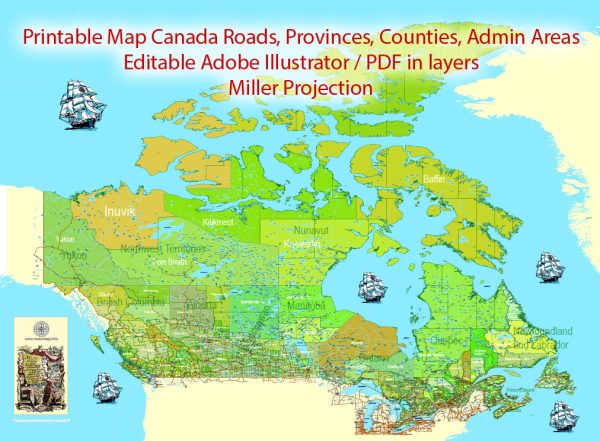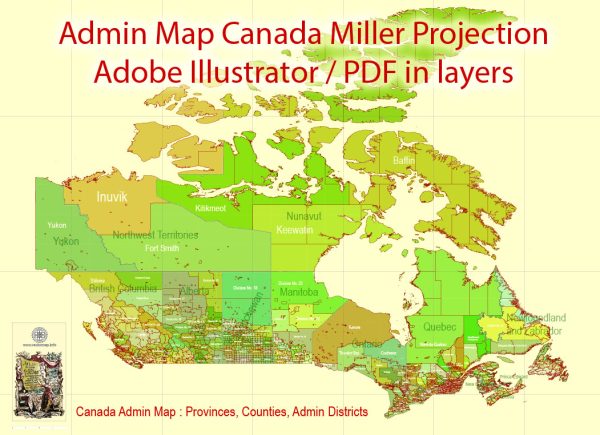Canada is a vast and diverse country with a well-developed industrial sector that plays a crucial role in its economy. The industrial landscape of Canada encompasses a wide range of sectors, contributing to the country’s prosperity and global competitiveness. Here’s a brief overview of the industrial landscape in Canada:
- Manufacturing: Manufacturing is a significant component of Canada’s industrial sector. The country is known for its strong manufacturing capabilities, with a focus on industries such as automotive manufacturing, aerospace, machinery, and equipment, food processing, and pharmaceuticals. The automotive industry, in particular, is a vital part of the Canadian economy, with many global automakers operating in Canada.
- Natural Resources: Canada is blessed with abundant natural resources, and the extraction and processing of these resources are key industries. The country is a major player in the global mining and mineral extraction sector, producing significant amounts of minerals, including gold, copper, and potash. The oil and gas industry, particularly in provinces like Alberta and Saskatchewan, also contributes significantly to Canada’s GDP.
- Technology and Innovation: Canada has a growing technology and innovation sector, particularly in cities like Toronto, Vancouver, and Montreal. The country is home to a vibrant startup ecosystem, and the tech sector is known for its advancements in fields such as artificial intelligence, biotechnology, and clean technology.
- Forestry and Agriculture: The forestry and agriculture sectors are important in Canada, with vast expanses of forests and fertile farmland. Canada is a major exporter of lumber, pulp, and paper products. Agriculture is also a key industry, with Canada being a significant producer of grains, livestock, and dairy products.
- Construction and Real Estate: The construction industry in Canada has seen steady growth, driven by urbanization and infrastructure development. The real estate sector is also a substantial contributor to the economy, with a strong housing market in various regions.
- Renewable Energy: Canada is making substantial investments in renewable energy sources, including hydroelectric, wind, solar, and biomass energy. Hydroelectric power generation is a significant part of the country’s energy mix, and Canada has been actively working to reduce its carbon footprint.
- Transportation and Logistics: Given its vast geography, Canada has a well-developed transportation and logistics sector. This includes road, rail, and air transportation, which are essential for moving goods and people across the country and internationally.
- Tourism: Tourism is also an important industry, with Canada’s natural beauty, cultural attractions, and diverse landscapes attracting visitors from around the world. The tourism sector contributes significantly to the country’s economy.
Canada’s industrial landscape is influenced by regional variations. Provinces and territories often have unique strengths and focus areas. For example, Alberta is known for its oil and gas industry, Quebec for its aerospace and aluminum manufacturing, and Ontario for its automotive and technology sectors.
Overall, Canada’s industrial sector is marked by its diversity, high level of technological innovation, and a commitment to sustainable and environmentally friendly practices, making it an important player on the global industrial stage.




 Author: Kirill Shrayber, Ph.D. FRGS
Author: Kirill Shrayber, Ph.D. FRGS